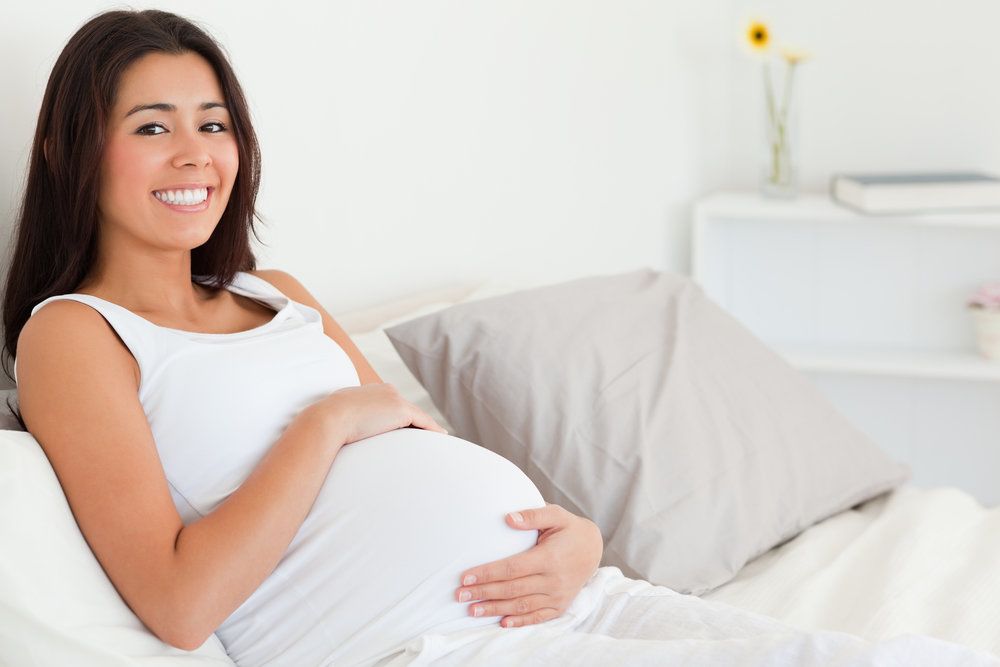Risks and Benefits of Minimal Stimulation IVF Cycles
 Modern in vitro fertilization (IVF) cycles require the use of several fertility drugs for ovarian stimulation. Some of these drugs may even require daily injections. The cost of these medications adds up, increasing the overall cost of treatment. Many couples today are searching for an affordable IVF treatment alternative, and many turn to minimal stimulation IVF cycles, or “mini IVF”. At the Houston Fertility Treatment Center in Texas, Dr. Sonja Kristiansen offers mini IVF for couples that want to save money, use less medications, or both.
Modern in vitro fertilization (IVF) cycles require the use of several fertility drugs for ovarian stimulation. Some of these drugs may even require daily injections. The cost of these medications adds up, increasing the overall cost of treatment. Many couples today are searching for an affordable IVF treatment alternative, and many turn to minimal stimulation IVF cycles, or “mini IVF”. At the Houston Fertility Treatment Center in Texas, Dr. Sonja Kristiansen offers mini IVF for couples that want to save money, use less medications, or both.
Candidates for Minimal Stimulation IVF Cycles
Because mini IVF uses fewer fertility drugs, it has a lower success rate, so it is not the right treatment option for all couples. In general, you may be a good candidate for mini IVF if you:
- Are below the age of 35
- Have been diagnosed with tubal factor infertility
- Are not suffering from male factor infertility
- Are unable to tolerate the traditional IVF fertility drug injections
- Do not respond well to gonadotropin injections and have a depleted ovarian reserve
Risks
Because fewer fertility medications are used with mini IVF, fewer eggs are retrieved. In some cases, Dr. Kristiansen can only retrieve two to four after a mini IVF cycle. With traditional IVF, she can usually retrieve as many as 8 to 15 eggs. In some cases, she may not be able to retrieve any eggs at all. This lowers the mini IVF success rate considerably. With fewer eggs retrieved, you also eliminate the possibility of freezing your eggs, which can save time down the road.
Benefits
Mini IVF does offer certain benefits, especially for couples with financial concerns or those who prefer the use of less medication. Because there are fewer medications involved, many women who choose mini IVF experience fewer side effects as well, and enjoy a lower risk for ovarian hyperstimulation syndrome (OHSS). Mini IVF involves less of a time commitment than traditional IVF and much less discomfort for patients.
The Mini IVF Process
The mini IVF process takes less time than traditional IVF. To start, you will begin with a round of birth control pills, which will regulate your cycle. Then, Dr. Kristiansen may prescribe clomiphene citrate to stimulate ovulation and increase egg production. One injection is administered by Dr. Kristiansen once the follicles have matured. From there, the IVF process proceeds as it normally would. She will retrieve any eggs produced during the cycle, fertilize those eggs, and then transfer the embryos.
Success Rates
Unfortunately, the success rates for mini IVF are substantially lower than they are with traditional IVF. Reports have shown that success rates with mini IVF may be as low as 10 percent, with many couples needing multiple rounds to successfully conceive. Traditional IVF success rates are usually closer to 40 percent.
Find Out if Mini IVF Is Right for You
If you are interested in minimal stimulation IVF cycles, contact Houston Fertility Center today to schedule an appointment.


